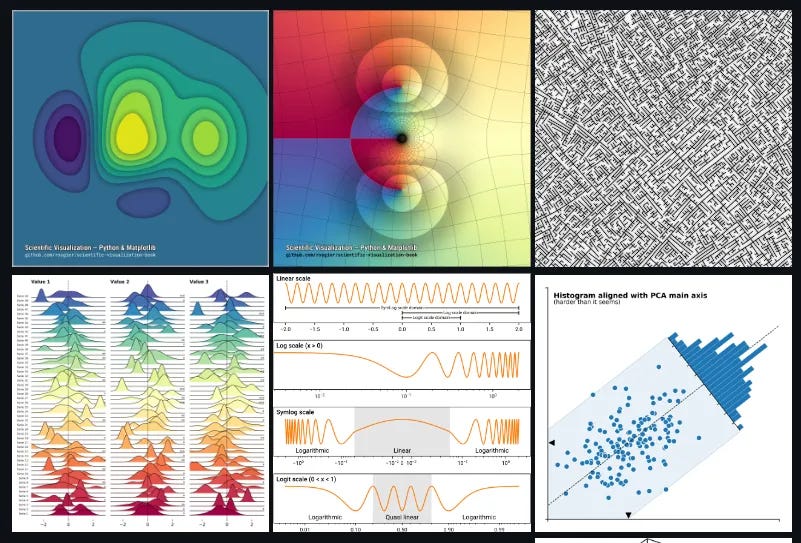💥Crash Test AI Prediction, The Future of Engineering Design & FEA in Your Browser
💨 Turbulence breaks a tree’s branches, but only tickles an eagle’s wings.
🎙️A Must-Watch for Engineering Design Enthusiasts
Watch the panel discussion on the future of engineering design! This session hosts experts from leading engineering organisations around the world, including Airbus, Nissan and Rolls-Royce Submarines – covering the perspectives from the domains of air, land and sea.
💥 𝗖𝗿𝗮𝘀𝗵 𝘁𝗲𝘀𝘁 𝗽𝗿𝗲𝗱𝗶𝗰𝘁𝗶𝗼𝗻 𝗮𝘁 𝘁𝗵𝗲 𝘀𝗽𝗲𝗲𝗱 𝗼𝗳 𝗔𝗜
The need for a high number of design iterations comes up for performance-critical applications such as automotive crash testing, where physical tests are very expensive and time-consuming.
In this animation, we can see the SimAI prediction results of a crash impact on a bracket. Imagine a scenario where you’re using a virtual validation approach to assess how to get the best safety and durability performance from a bumper. Using SimAI you can generate an AI model trained on ~50 crash simulations from Ansys LS-DYNA. This would enable your design team to predict the optimal bumper configuration for a new concept in less than a minute, with an error of less than 0.5%.
Ultimately, it’s about enabling designers to use fast and meaningful crash predictions to accelerate a product’s time-to-market. Innovating faster towards a safer vehicle.
💡Introduction to OpenFOAM: Finite Volume Discretization in OpenFOAM
🏗️ Finite Element Analysis in the Browser using Google Collab
🎨 Scientific Visualization: Python + Matplotlib
This book is organized into 4 parts. The first part considers the fundamental principles of the Matplotlib library. This includes reviewing the different parts that constitute a figure, the different coordinate systems, the available scales and projections, and the authors also introduce a few concepts related to typography and colors.
The authors then explore the different types of plot available and see how a figure can be ornamented with different elements. The third part is dedicated to more advanced concepts, namely 3D figures, optimization, animation and toolkits.
🎬 Video of the Week
💻 Engineering Tool of the Week – MoFEM - Open and Free Finite Element Code
MoFEM is an open source (GNU LGPL) C++ finite element library. It is capable of dealing with complex multi-physics problems with arbitrary levels of approximation and refinement. MoFEM can read various input file formats, and work with preprocessors like Gmsh, Salome, Cubit, and many more.
📚Book of the Week
“I do like CFD”
"I do like CFD, VOL.1" is a book on Computational Fluid Dynamics, the first in a series to come. It was written by Dr. Katate Masatsuka, bringing CFD know-how to the public.
❤️ Support the Blog & Newsletter
Let’s connect on Instagram or LinkedIn!
For any business-related issues or collaborations, email me at support@jousefmurad.com!
Keep engineering your mind! 🧠
Jousef









